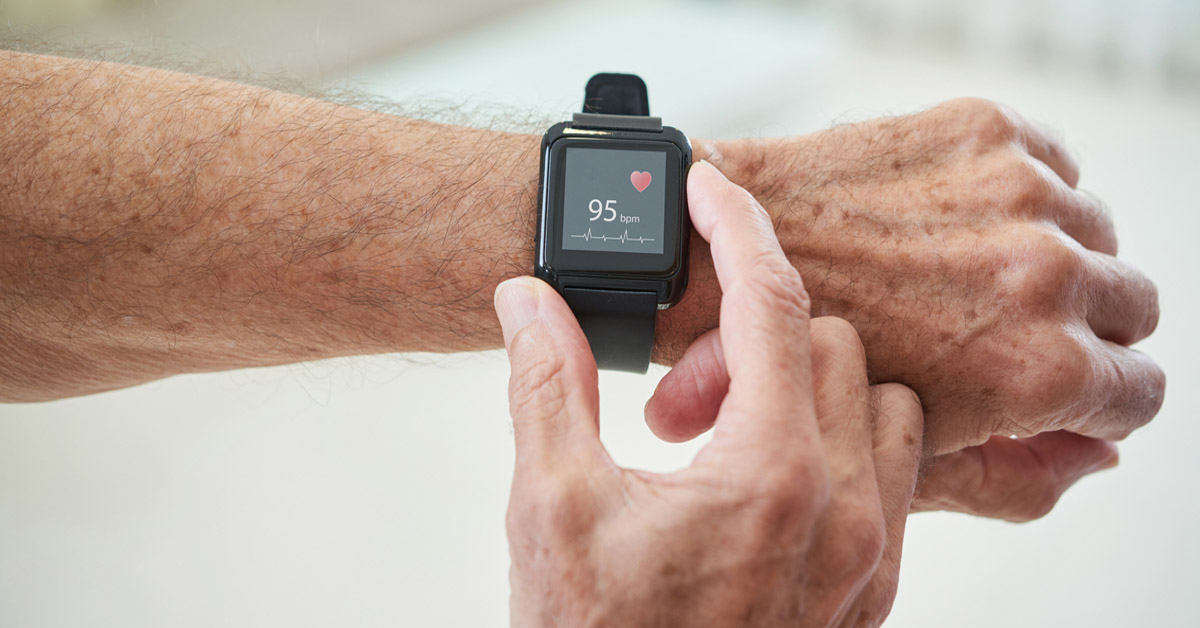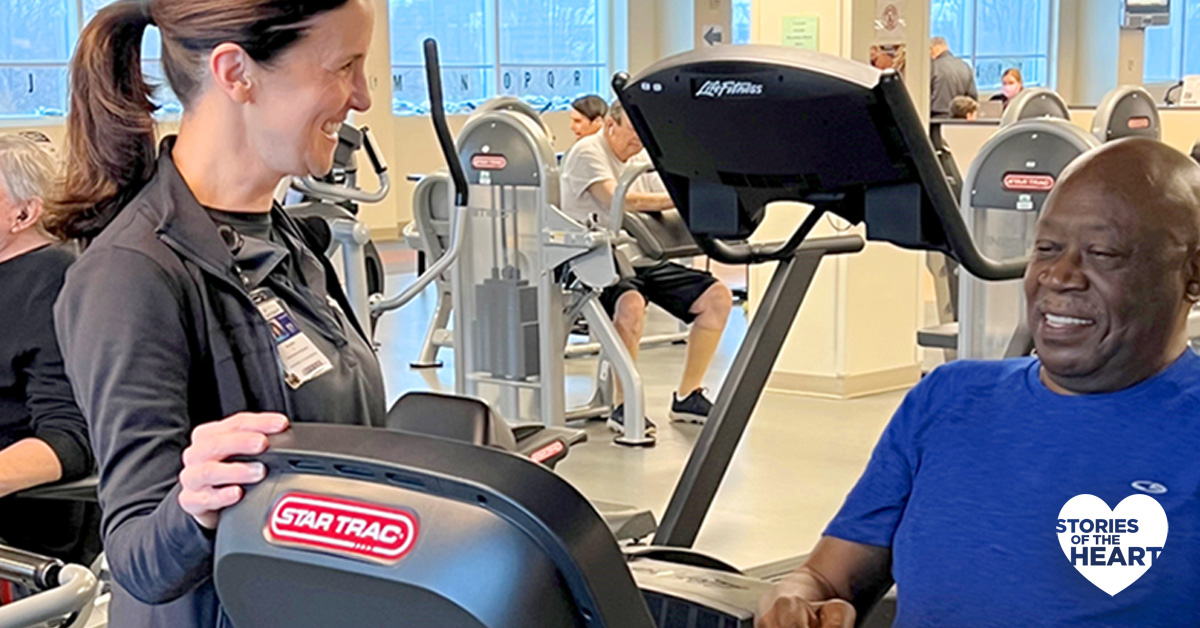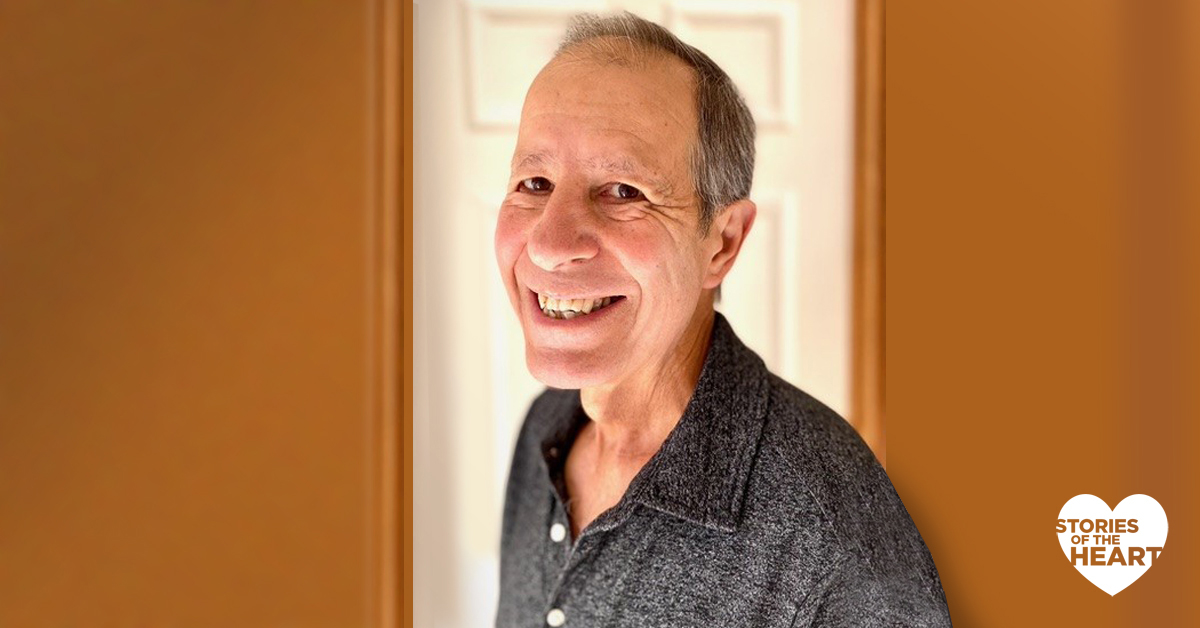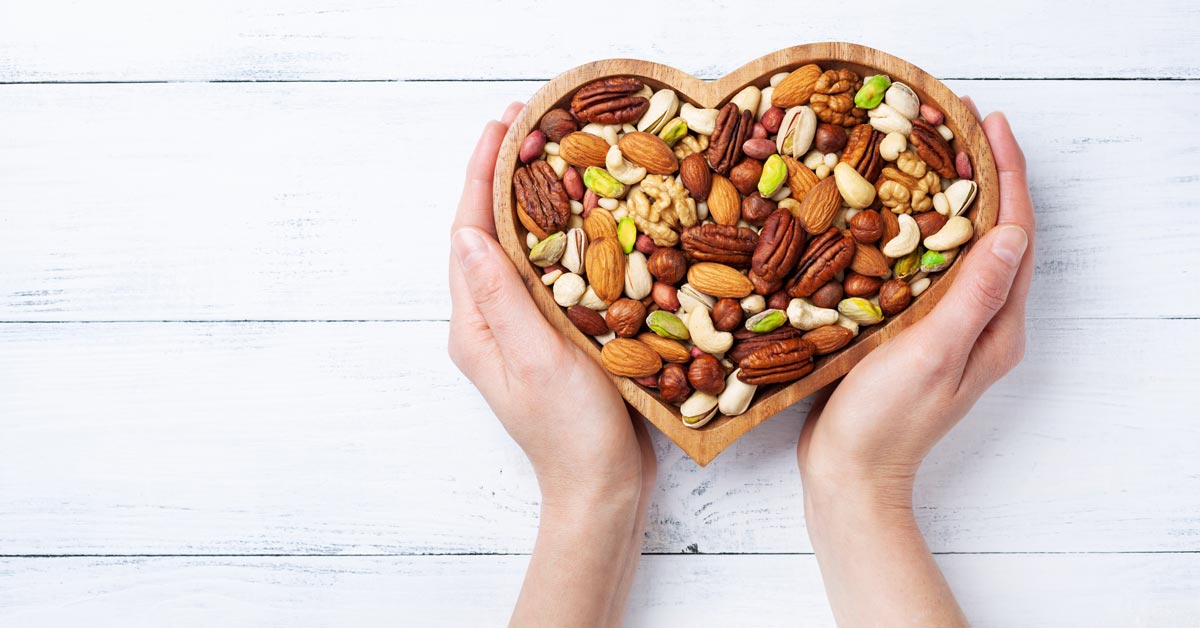Any pain in your chest may have you thinking, “Why does my chest hurt? Am I having a heart attack?” However, the reason may not always be that serious, nor is it always simple. Chest pain can vary in intensity, frequency and cause. It’s also a symptom of many conditions, from gas pain to a heart attack.
So, why does my chest hurt?
Answering that question isn’t always easy. Chest pain can be caused by a lot of conditions, and while some are cardiac, others are not. Some chest pain is digestive, while other sources can be linked to anxiety, lung or breathing problems or blood clots.
Your chest is a broad area of your body that is home to many muscles, veins, arteries and vital organs. As such, a litany of conditions can cause chest pain – some more serious than others. You can feel pain in your chest anywhere from your neck to your upper abdomen. Depending on the cause, you can experience different types of chest pain, including:
- Sharp
- Dull
- Stabbing
- Aching
- Burning
- Squeezing or crushing
Why does my chest hurt after I eat?
A common cause is a buildup of gas in the stomach or digestive tract. You could have swallowed too much air, or the source may be food-related. Some ways food can cause excess gas buildup in the chest include:
- Carbon dioxide gas from carbonated drinks
- Digestive upset from artificial sweeteners
- An undiagnosed or unmanaged food intolerance
- Consuming too much fiber-rich food
- Food poisoning, which can be accompanied by fever, nausea or vomiting, diarrhea or blood in your stool
Sometimes gas pain in your chest is the result of a medical issue. Conditions such as heartburn, acid reflux, gastroesophageal reflux disease (GERD), gallbladder disease and inflammatory bowel disease (IBD) can cause chest pain from excess or trapped gas. Other digestive conditions that can cause chest pain include:
- Inflammation of the stomach lining (gastritis) or pancreas (pancreatitis)
- Ulcers
- Inflammatory bowel syndrome (IBS)
- Hiatal hernia, or when part of the stomach pushes up into the chest
- Muscle spasms
In fact, GERD is the most common cause of chest pain. While not an emergency, if you are experiencing chest pain as a result of untreated GERD, you should still seek treatment from your doctor.
Why does my chest hurt when I breathe?
While alarming, it’s not always serious if your chest hurts when you breathe. Some conditions can cause chest pain, and while that pain can be more intense at certain times, they are usually manageable. These include, but aren’t limited to:
- Asthma
- Panic attacks
- Anxiety
- Precordial catch syndrome, or aggravated or squeezed nerves in the front of the chest
- A broken rib
- Shingles
- Muscle strain
- Costochondritis, or inflammation of the cartilage in the rib cage
Sometimes the problem can be more severe. If you’re feeling chest pain that gets worse when you breathe, your doctor may check to see if you have a more serious condition, such as:
- Pericarditis, or inflammation in the lining of the heart
- Pulmonary embolism, or a blood clot that is trapped in an artery that feeds blood to the lungs
- Chronic obstructive pulmonary disease (COPD)
- Pneumonia
- Pleurisy, or inflammation of the membrane that covers the lungs
- Collapsed lung
- Pulmonary hypertension, or high blood pressure in the arteries that carry blood to the lungs
- COVID-19
- Tuberculosis
When is chest pain a sign of a more serious issue?
While chest pain can be caused by conditions that aren’t always related to the heart, sometimes it is a cardiac issue. Any time you experience chest pain that ends up being a symptom of a heart issue, speak with your doctor. It may not be an emergency that requires a trip to the ER, but your primary care physician or a cardiologist may want to run some tests to identify the problem.
Some heart conditions that cause chest pain include:
- Heart attack, which is a blockage in the coronary artery that restricts oxygen-rich blood
- Coronary heart disease, which are narrowed or blocked blood vessels as a result of cholesterol buildup
- Coronary artery dissection, a tear in the coronary artery
- Aortic dissection, a tear in the wall of your aorta
- Aortic aneurysm, a condition where blood pushes against a weak part of your aorta’s wall, making it bulge out and sometimes break open
- Mitral valve prolapse, a condition where a valve in the heart fails to close properly
- Angina, which is squeezing pain or pressure on the chest as a result of not enough blood to the heart
- Myocarditis, or when the heart becomes inflamed
What to do about chest pain
While the cause of your chest pain may not end up being life-threatening, you should always take it seriously, especially women. If you don’t have a preexisting medical condition that can cause chest pain, talk to your primary care provider.
However, chest pain can be a symptom of a medical event that requires immediate attention. Call 911 or go to an emergency room if you have:
- Mild or severe discomfort in the middle or left side of your chest, especially if it feels like pressure or squeezing, lasts for several minutes then returns or if it radiates into the arms and neck or shoulders and jaw
- Nausea and dizziness
- Difficulty breathing or shortness of breath
- Heavy sweating
- Pain in one or both arms
- Sudden and unexplained fatigue
- Weakness in your limbs or loss of coordination
- Symptoms that end and return in a cycle that lasts several hours
Learn about the heart and vascular services we provide at Bon Secours.





